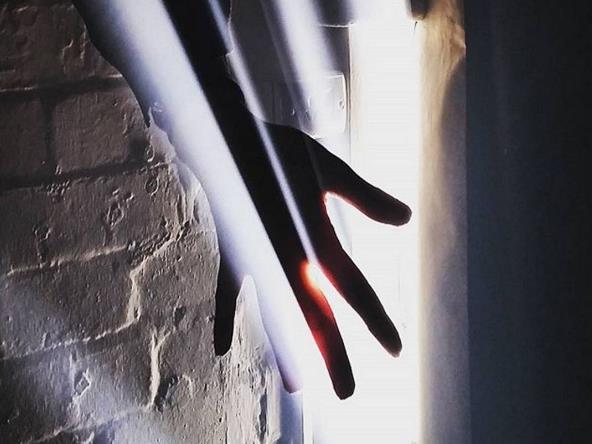Image: @jozecko, Instagram.
Many people have a different understanding of what introversion means. ‘Extroverts are often seen as outgoing people, the life of the party, and introverts are seen as the shy, retiring types,’ said Dr. Mark Seton, AFTT teacher and expert in the psychological wellbeing of performing artists.
Study Stage and Screen Acting at AFTT
It is not surprising then that many of us often try to fit ourselves into one of these two categories. Am I outgoing? Or, am I shy? But the truth is this introverted/extroverted dichotomy is not so easily explained in this way. In fact, many of us have both qualities available to draw from when the need arises.
‘For me it is important to recognise that introversion and extroversion are preferences and that they can change over time and over our life experience.’
‘I love to think of introversion and extroversion as where we get our energy. So an extrovert gets their energy from active involvement, being out and about with other people and engaging in activities, whereas an introvert gets their energy from dealing with ideas, pictures, memories, things that are more in the inner world,’ said Seton.
Viewing our own tendency towards introversion or extroversion as a preference for a certain way of re-energising ourselves instead of an innate personality opens up a whole new area of possibility in terms of how we enact this preference in achieving our own personal goals.
‘If we recognise it as a preference it means we can make choices to do the things that normally habitually we wouldn’t do, because we know it’s good for us as well,’ said Seton.
In the course he teaches at AFTT on Performers’ Health, Seton uses an approach called Focus Energy Balance Indicator (FEBI) to help students understand their own energetic preferences.
‘It was a program initially developed by a dancer, Betsy Wetzig, and she found when she was working with dancers that they tend to have very energetic preferences at times – some were introvert, some were extrovert. She identified four energetic patterns that different people have a preference for and helped dancers discover that they have all four energetic patterns available to them. By doing a series of exercises they could generate a different quality than before for a particular performance part.’
FEBI identifies the following four essential energy patterns; driver, organiser, collaborator, and visionary. The program is designed to then help participants boost the energy pattern that don’t necessarily come the easiest.
For example, if you are under-using your collaborative energy (as many of the introverted persuasion often do) here are three things you can try:
- Put some fun into your day by taking a friend out to lunch or celebrating the next special accomplishment or event
- Take a deep breath through your nose and exhale through your mouth several times
- See both sides of the story when you are asked to make a decision and consciously talk about the issue from different points of view
If you want to develop your visionary energy, some things you can try are:
- Engage in a random, spontaneous conversation with a co-worker
- Work or hold a meeting in new location, preferably a place that can inspire new thinking like a gallery or a park
- Practise Tai Chi for 20-30 minutes each day
Understanding the way your energy can be formed to achieve certain goals is helpful for those who work in the arts.
As Seton explains: ‘In my practice working with actors, I introduce them to these four energetic qualities from FEBI and help them be aware of where their preferences are and help them use these exercises so that when they have to be more extrovert-oriented for a performance part, they know how to draw up that energy themselves and when they need to be more introvert they can alter their qualities in that way.’
‘It can stir up different qualities of energy that are suited to an introvert or an extrovert depending on what is the task you need to accomplish.’
If you are interested in finding out more about the courses on offer at The Academy of Film, Theatre and Television visit http://www.aftt.edu.au/courses
The Essential Skills Series is brought to you in partnership with the Academy of Film, Theatre and Television.





